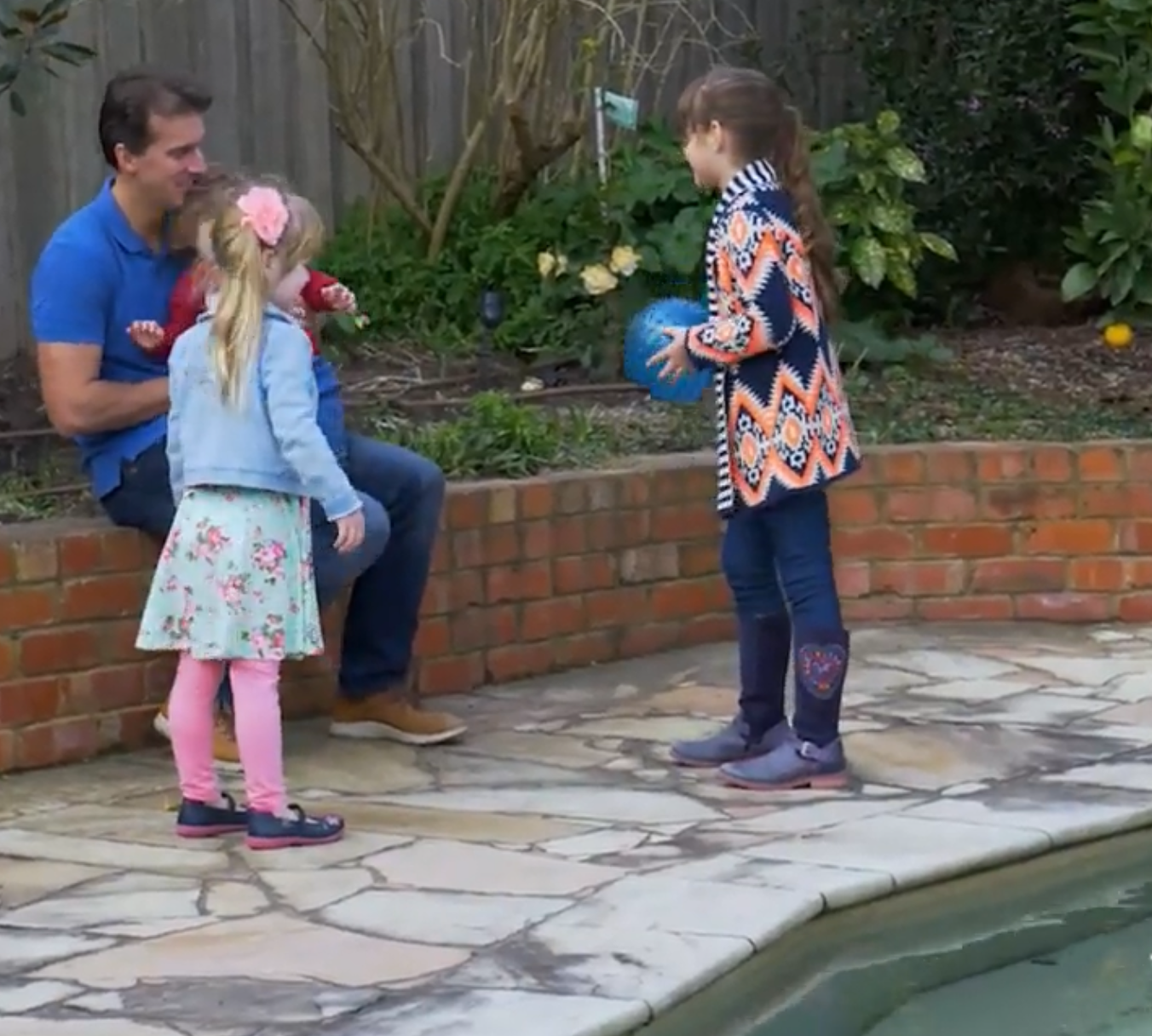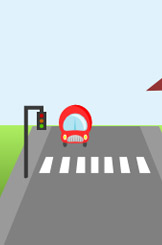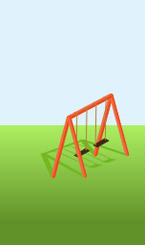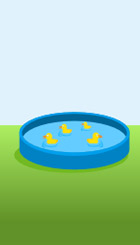Parental distraction around water fatal for children
Distractions lead to fatal danger for children around water
Data reveals household chores and socialising found to be the most common causes of breaks in active adult supervision Kidsafe is urging parents and carers to actively supervise children around water in a bid to reduce the number of drowning deaths.
The call comes as thousands of families prepare to enjoy backyard BBQs and pool parties over the summer holidays.
Research into fatal toddler drowning incidents conducted by UNSW Sydney, James Cook University and Royal Life Saving Society of Australia, found that household chores - everyday tasks such as checking on dinner, taking the out the rubbish or putting the washing out - were the most common distractions which led to lapses in supervision of children around water (41%). This was followed by talking or socialising (11%) and electronic distractions (9%).
Campaign ambassador and Australian Olympic swimming champion, Matt Welsh, OAM, highlighted how quickly toddlers can get into trouble around water.
"Toddlers are naturally curious and love water, yet they don’t understand the dangers it can pose. A split second is all it takes for a child to gain unsupervised access to the water area and 20 seconds is all it takes for a toddler to drown", said Mr Welsh.

Mel Anderson knows just how quickly and silently drowning can happen as she almost lost her 10-month-old son while at a Christmas family barbeque. She has shared her story in a new video titled ‘Through My Eyes’ which has been released as part of Kidsafe’s annual ‘Safe Barriers Save Lives’ backyard pool safety campaign.
“One second Matt was playing on the ground at my feet and the next, as there was no pool fence to prevent him crawling over to the pool, he fell silently into the water. I felt sick - I thought he was gone,” said Ms Anderson.
“Thankfully, my Dad had just completed a first aid course the week before and started performing CPR straight away. I’m told it was the difference between life and death for my son. I am so grateful that he is still here with me but the after effects of that day still traumatise me.”
Mel recalls that it felt like hours passed and she felt sick with the thought that her son was gone. When the paramedics arrived, they took over CPR but there was still no response. Then the air ambulance arrived and he was airlifted by helicopter to the hospital.
He was put into an induced coma, and Mel was told by the Doctors that there was no hope for her son – he would likely die or at the very least suffer brain damage.
Miraculously, after 4 days, Matthew woke up and showed no signs of any brain injury.
Today, 14 years later, Matthew is a happy, strong boy living a full life – he is very fortunate not to have any ongoing issues. As for Mel – she lives with Post Traumatic Stress Disorder (PTSD) and suffers anxiety every day about Matthew being out of her sight.
“I’m sharing my story so others don’t have to live it.”
Despite significant reductions in toddler drowning deaths over time, drowning continues to be one of the leading causes of accidental death for Australian children under 5 years of age.
Kidsafe Tasmania recommends designating supervisors so there is no miscommunication over who is keeping watch of children around water.
“At social gatherings such as BBQs and pool parties, there are lots of adults around and it can be easy to assume that someone else is actively supervising the kids, when in fact, nobody is,” said Mr Welsh.
“For toddlers, active adult supervision means keeping them within arm’s reach at all times around water, without any distractions.”
“To help make sure children are actively supervised at all times, we recommend appointing designated supervisors whose role it is to supervise children in and around the pool. Rotating this role throughout the day ensures everyone gets a chance to enjoy the festivities.”
Along with active adult supervision, compliant pool and spa barriers play an important role in keeping toddlers safe.
“Maintenance and compliance of pool and spa barriers is vital because they are exposed to the extremes of weather all year round which can lead to rust, loose or missing bolts or screws, and wear and tear over time,” said Mr Welsh.







